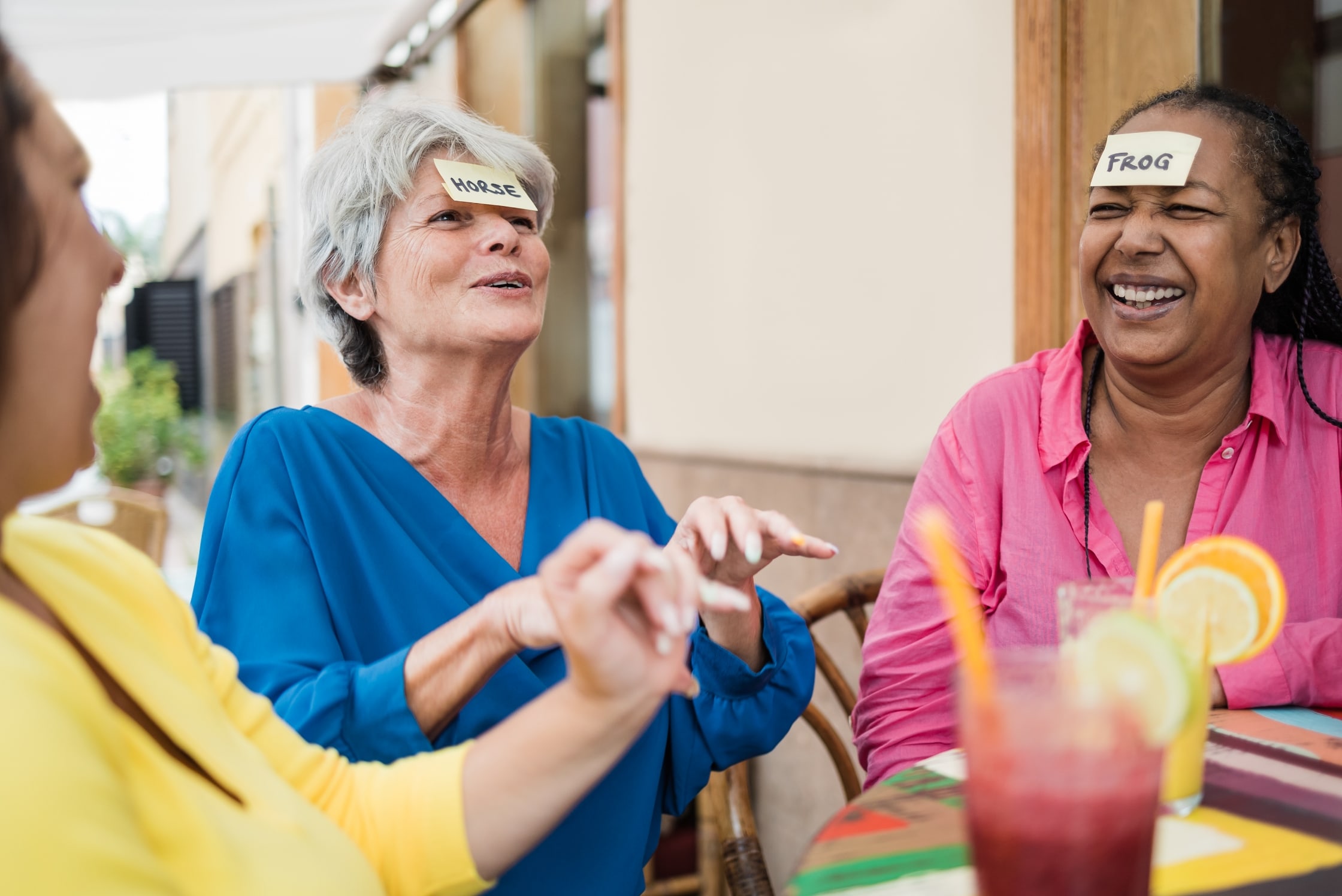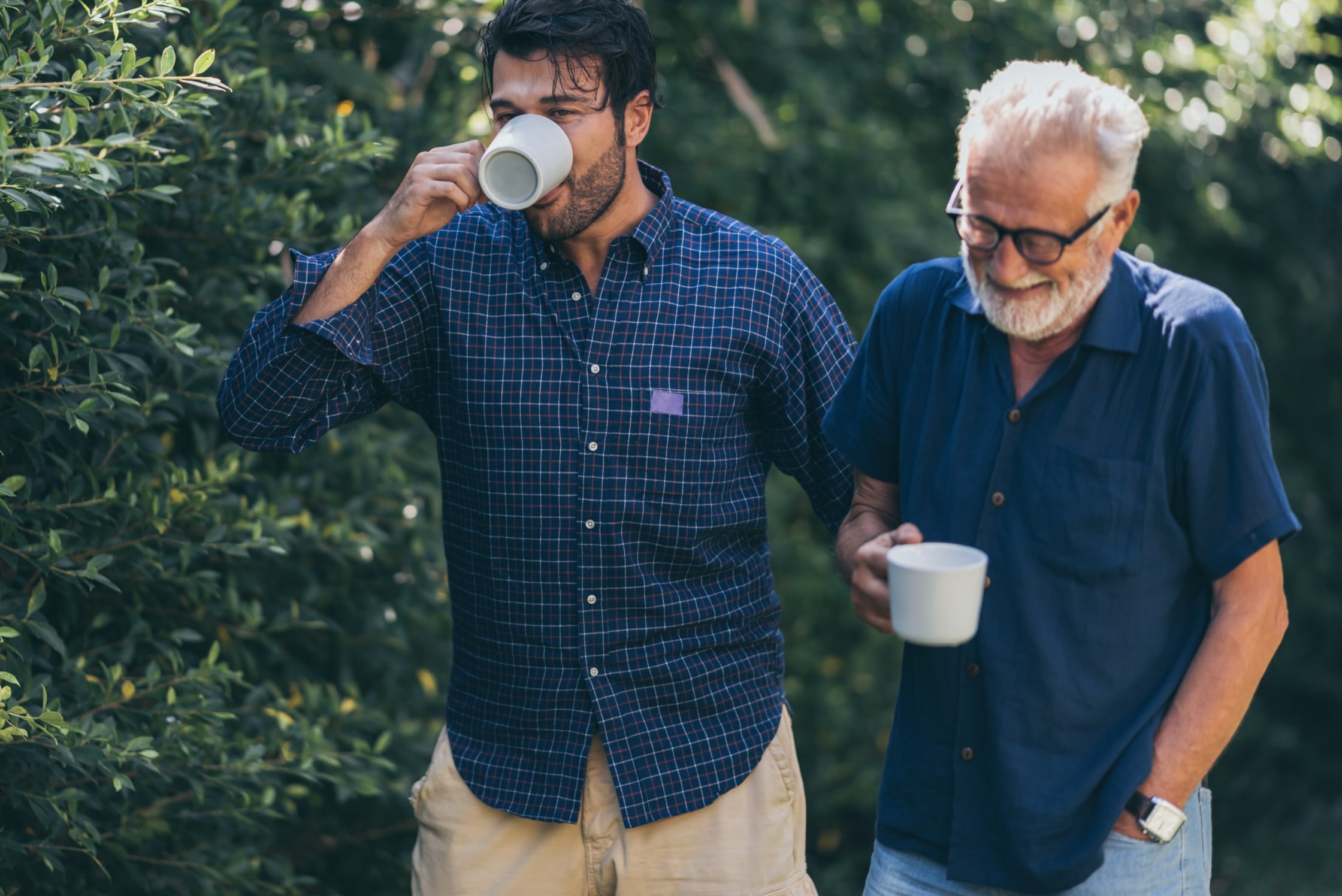Contact Us
Interested in HELP? Have a question? Want to become a partner?
About us
Our mission is to develop a collaborative end-of-life culture to meet peoples' health and social needs.
- Promote death and grief as natural life processes
- Cultivate a collaborative culture for community support
- Support individual and community health planning
- Reduce fear and stigma associated with illness and death
- Build individual and collective resilience in the face of grief and loss
The Healthy End of Life Program (HELP) came from research at La Trobe University’s Public Health Palliative Care Unit (PHPCU).
HELP is an integrated approach to end-of-life care. We use a strengths-based social prescribing service model to unlock untapped assets – at national, state, regional and local level – that can improve end-of-life care outcomes for all Australians.
We understand that Australian communities and organisations have a valuable role to play in end-of-life care and support.
Through linking community capacity with health and palliative care expertise, we support communities through a palliative care network-centred approach to work together at generating local solutions to end-of-life concerns and to develop resilience around death, dying and bereavement.

Culture
- Shift community culture around death and dying
- Shift social norms around offering and accepting help
- Change practice and attitudes towards palliative and end-of-life care

Capacity
- Increase capacity around death, dying, loss and care
- Support those who wish to receive palliative and end-of-life care at home, or home-like settings
- Provide support that complements that of existing formal services
- Sustain carers within home or community-based settings

Collaborative communities
- Ensure the inclusion of those facing illness, ageing, frailty or loss
- Promote discussion and development of social care networks
- Encourage new and constructive action towards palliative and end-of-life care
Grow a care network
About our Free ‘Healthy End of life Planning & Support’ App

It’s hard to watch a family you care about deal with the overwhelming challenge of palliative care or end-of-life. You want to help, but don’t always know what they need or when they need it.
If that is you, our HELP app can help you ‘take the lead’ and feel confident in coordinating the practical and emotional support that a family needs as they come to terms with a loved one reaching palliative care or end-of-life.
Improves SOCIAL AND PRACTICAL SUPPORT and Health outcomes
- Access to expert ‘tips’ that supports and builds confidence and quality of care
- Improves mental health outcomes
- Helps identify specific care needs and creates meaningful support
- Helps guide personal networks to provide quality care at home
- Reduces stress with simple coordination and communication tools
- Reduces avoidable healthcare costs
- Helps patients transfer out of hospital and maintain a high level of personal support
- Avoid carer burnout
- Increased willingness to care for others and positive behaviour change
- Helps address specific needs and changes to personal circumstances
- Reduce avoidable health deterioration

How it works
Start getting help
Start making a difference
Register your interest in becoming a HELP Partner
Contact Us
Register your interest to partner with us.
Evaluation and research
Learn more about the work we’ve been doing with our partners.
And how we can help you demonstrate your impact.
Offer and Provide Help
Thank you to our funders
Program Funders
State government and philanthropic funds support HELP’s development and operation.


Evaluation and research
Learn more about the work we’ve been doing with our partners.
And how we can help you demonstrate your impact.
Offer and Provide Help
Evaluation and research
As a HELP partner, you can systematically collect data via your own secure dashboard.
By integrating your organisational data with that from the community, the HELP app lets you demonstrate your impact.
Help outcomes
What changes occur when the HELP framework is applied
HELP is the product of ongoing research commencing in 2016, seeking an answer to the question: What is involved in building individual capability and community capacity for palliative and end-of-life care?
The program aims, through community development strategies, to build end-of-life capacity and resilience in two strategic ways. It achieves this by:
Individuals
Ask and Accept Help
Lorem ipsum dolor sit amet, consectetur adipiscing elit. Ut elit tellus, luctus nec ullamcorper mattis, pulvinar dapibus leo.
Offer and Provide Help
Lorem ipsum dolor sit amet, consectetur adipiscing elit. Ut elit tellus, luctus nec ullamcorper mattis, pulvinar dapibus leo.
Communities
Facilitate caring networks
Lorem ipsum dolor sit amet, consectetur adipiscing elit. Ut elit tellus, luctus nec ullamcorper mattis, pulvinar dapibus leo.
Generate discussion in existing community structures
Lorem ipsum dolor sit amet, consectetur adipiscing elit. Ut elit tellus, luctus nec ullamcorper mattis, pulvinar dapibus leo.
Key research findings
What does the research tell us?
People didn’t ask for help
Despite carers’ existing support networks of family, friends and neighbours, asking for help was not considered an option, even when it was clearly needed. Requesting increased support from formal services was perceived as an easier and more acceptable alternative.
People didn’t ask for help
Despite carers’ existing support networks of family, friends and neighbours, asking for help was not considered an option, even when it was clearly needed. Requesting increased support from formal services was perceived as an easier and more acceptable alternative.
People didn’t ask for help
Despite carers’ existing support networks of family, friends and neighbours, asking for help was not considered an option, even when it was clearly needed. Requesting increased support from formal services was perceived as an easier and more acceptable alternative.
People didn’t ask for help
Despite carers’ existing support networks of family, friends and neighbours, asking for help was not considered an option, even when it was clearly needed. Requesting increased support from formal services was perceived as an easier and more acceptable alternative.
People didn’t ask for help
Despite carers’ existing support networks of family, friends and neighbours, asking for help was not considered an option, even when it was clearly needed. Requesting increased support from formal services was perceived as an easier and more acceptable alternative.
Thank you to our FUNDERS
Program Funders
State government and philanthropic funds support HELP’s development and operation.


Our research findings
The goals of a public health approach should be to create sustainable community environments with the capacity to engage in end-of-life discussion, support and practical care, whilst developing community norms that ensure citizens know about and can draw upon these assets when needed.
– Grindrod, A. (2020)


Key publications
Explore key resources for your HELP project.
Supported by
Ready to start making a difference?
Register your interest in becoming a HELP partner
Gain access to our full education and training program, as well as exclusive resources to support your HELP project – and measure your impact.



